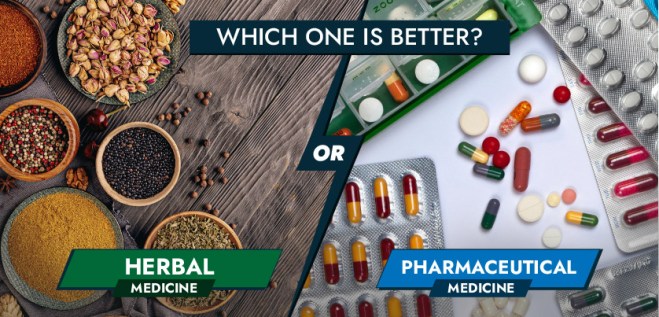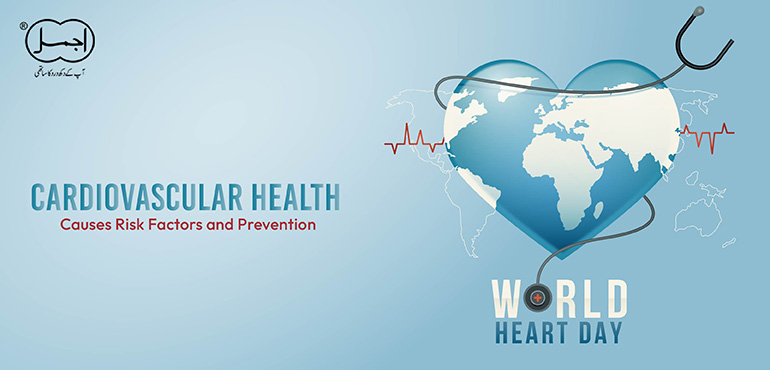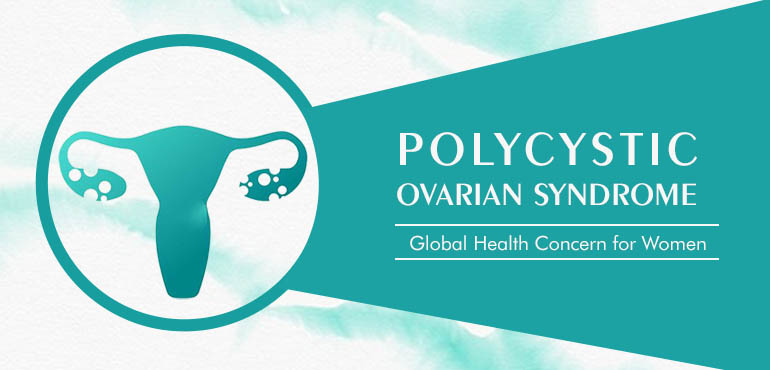Since the time when we do not have a concept of civilization and social interaction to the present day, the perfect thing we eventually met with is the discovery and evaluation of herbal medicine and medicinal treatment. From the use of desi herbal medicine as desi dawai (desi Ilaj) in the olden days to the progression of the whole pharmaceutical industry, we have put forward our utmost efforts.
Unani Insights on Life & Health
There is no radiance in life without health. In other words, a person can never enjoy the pure taste of life if not feeling well. Any ailment, no matter mild or severe, deprives you from many advantages of nature. As per unani concepts, we consider that our body is made of arkan (elements) and akhlat (body fluids). Thereby, a perfect balance of these akhan wa akhlat guarantees you a healthy, wealthy life. So, we can withhold this belief that any imbalance in akhan wa akhlat diverts your bodily powers (Qawa) and corporeal functions (Af’al). As a result, a person eventually meets an ailment.
Germ Theory Quotes Modern Definition of Disease (Marad)
Around more than 300 hundred years ago, Girolamo Fracastoro stated the initial base of this theory. Though, for a long time there was not any experimental support to this theory. Later on, Louis Pasteur, Joseph Lister, and Robert Koch individually supported this theory. This theory is so powerful that it still holds the back of the modern definition of disease (marad) that is:
“Certain human diseases or ailments (marad) are a result of microorganisms (ajsam khabitha) that invade inside biological systems.”
Now, we have explanations for almost all sorts of ancient and modern human problems. But that question here is, do we have any treatments? Undoubtedly yes, we have! We have formulated medicines as a solution. Conventional methods for human diseases use desi medicine (desi dawai) as treatment (desi ilaj). Currently we have replaced them with a huge variety of pharmaceutical drugs.
Without making it more complicated for you to understand, let’s dive in directly to the topic. Let me tell you:
- What medicine is?
- How we used herbal medicine (desi dawai) as treatment (desi ilaj)?
- Why did we shift to synthetic drugs and how the vast pharmaceutical industry was established?
- Moreover, why do we still prefer desi herbal medicine over pharmaceutical medicine?
Let’s dig in!
What is Medicine?
A medicine is something that we require for the restoration of discordant elements (arkan) and hence, an optimum body temperament (mizaj) to say a goodbye to any disease (marad).
Long time ago, numerous scientists pointed out the importance of medicines. Infact, we used to employ desi herbal medicine (desi dawai) in the past. Though, we have replaced them with modern synthetic and pharmaceutical drugs to some extent. But still, we can never deny the absolute dependence on medicine to treat complex biological problems.
Hippocrates, an outstanding figure and remarkable physician from the classical period, made extensive research. Ages before, he has compressed his findings on medicines, the only cure of human ailments by saying:
“Those diseases (marad) which medicines do not cure, iron (Hadid) cures; those which iron cannot cure, fire (Nar) cures; and those which fire cannot cure, are to be reckoned wholly incurable.”
When Man in Caves Dealt with Medical Emergencies
Let’s throwback to the time when men used to live in forests.
The only medical ailments known to them at that time were scars and rashes. They hit and miss desi herbal medicine (desi dawai) as treatment (desi ilaj) when they started using different plant leaves to cover their scars and wounds. They came to know that the beauty and the scent of roses can be used as a medicine and the sun rays as a food. Eventually, they developed the disease etiology by again and again exposure to same or rather complex human ailments (marad).
Soon, the local practitioners and hakims started using desi herbal medicine as treatment (desi ilaj). We have several Muslim and non-Muslim scientist in the history who have not only suggested the herbal treatments (desi ilaj) for medical problems they were dealing with at that time. Among them, Hippocrates, Avicenna, Galen, Diocles of Carystus, Ibn-al-Baytar, Pliny, and Dioscorides are honored a lot for their tremendous research and literature on desi herbal medicine (desi dawai) and treatment (desi ilaj). However, we developed three major herbal medicine systems depending upon the region where they were used:
- Chinese Traditional Medicines
- Japanese Traditional Medicines
- Indian Traditional Medicines
It is further divided into many disciplines but two most widely spread systems are:

Unani Herbal Medicine
Hakim Ajmal Khan is well known for practicing the desi herbal medicine (desi dawai) in the subcontinent. Then, his grandson Hakim Nabi Khan brought Ajmal’s Unani herbal medicine to Pakistan after the separation of Hindu and Muslims. He led the foundation of Davakhana Hakim Ajmal Khan on June 10, 1948 in Lahore.

Ayurvedic Medicine
This medicine system is also very popular but it has more familiarity in India.
Transpose to Synthetic Drugs \ Pharmaceutical Medicines
Nonetheless, the root cause of shifting from the old treatment methods (desi ilaj) via desi herbal medicine (desi dawai) to synthetic medicine is increasing population size. A bulk population has created many complexities. Their keen interest in nature has benefited them, but they have gone through many challenges as well. One of them is the emergence of complex diseases, like cancers, STDs, and much more.
Not all the diseases are new for us, we were familiar with some of the symptoms of these diseases before. But the thing that has put a milestone in putting mankind at the mercy of synthetic drugs is increased strength and resistance of attacking pathogens.
Moreover, from medieval time to present we have met with 10 worst outbreaks such as plague, cholera, flu, and covid-19. Such pandemics and epidemics have been biggest nightmares not only for sufferers but for apothecaries and medicinal personals. Therefore, to control the high mortality rate, we felt an urge for strong medicines that can somehow terminate these diseases.
Perhaps scientific revolution, the concept of rationalism and experimentation leads humans towards the production of pharmaceutical medicines. However, a complete shift from deep rooted old treatment methods (desi ilaj) via herbal medicine to man-made pharmaceutical medicines occurred in the second half of 19th century.
Though, many pharmaceutical industries have been established to replace herbal medicine (desi dawai) but following are the most common and prehistoric pharma families:
- Merck Family
The first pharmaceutical industry is Merck, which was first started as a pharmacy in Darmstadt in 1668. Later, Heinrich Merck converted it into industry in 1827. At this time, he started trading alkaloids.
- GlaxoSmithKline (GSK)
It is an American company, started in 1715 and later it collaborated with emerging pharma industries.
- Beechem Family
This medicinal family once traded desi herbal medicine (desi dawai). The first product of the Beecham Family was their Beechem pills, a laxative that was made of aloe, ginger and soap. Beecham Family is a British company that is combined with GSK after some time of its establishment.
Comparison | Herbal Medicine Vs Pharmaceutical Medicines
| Herbal Medicine | Modern Pharmaceutical Medicine |
| A herbal medicine is a traditional and holistic therapy for several human ailments. | A pharmaceutical medicine is a well-researched synthetic product for treating common to complex problems. |
| It has a broad range of impacts on the biological and physiological systems. For desi herbal medicine (desi dawai), it is worthwhile to say that they are multi-actioned. | These medicines have specified actions, targeted to particular pathologies. |
| In the past we had no regulated processes for making natural medicines. We meet many of the formulations of natural medicines by hit and miss method. | We produce these medicines by following strict operating procedures first, in labs. Then, on large scales in industries. |
| The usually have inconsistent qualities that depends on:Plant origin Extraction process Growing conditions | All of the pharmaceutical drugs in each batch have the same properties. This is because they have the same compositions. We use optimum conditions and computer operated machines to make them. |
| Sense desi herbal medicine was indogenous to specific cultures and regions in the past. Therefore, these treatments (desi ilaj) ran in families. Therefore, they are inaccessible to the large human population. | We process and produce large quantities at a time. They are easily accessible to bulk human populations competing with all the novel challenges of this age of innovations. |
| Herbal medicines usually have no or ignorable side effects in biological systems. | Pharmaceutical medicines usually have side effects that we often take as risk factors. Therefore, we have strict precautions usually written on each pharma packaging. |
| They have poly-functional, contemporary or synergistic actions. | Pharmaceutical drugs usually elicit specific reactions. |
| Herbal meds are cheaper. | These medicines are relatively expensive. |
Which one is better: Herbal Medicine or Pharmaceutical Medicines?
As the first genome was sequenced in the last century. So, we have advanced research and medical techniques now. Therefore we are currently using gene therapies to cover the large human populations via pharmaceutical medicines. Therefore, it is quite true that pharmaceutical medicines have served mankind a lot. At the same time, they have provided immediate solutions to novel human diseases. However, we must take into account following statistical data from medical emergencies in United States:
| Medical Emergencies | By Herbal Medicines | By Pharmaceutical Medicines |
| Hospital admissions | Zero or negligible | 8% |
| No. of deaths | Zero or negligible | 100,000 per year |
It is astonishing that National Poison Control Centers in the US have no database for herbal cases uptill now. From the above data, we can easily go in favor of herbal medicines.
Now, we are involving research and in vivo and in vitro experimental techniques to support the traditional herbal medicine. We have tested the drug likeness of herbal medicine (desi dawai) and came to this decision that they have antioxidant activities. By these activities they confer the drug-like nature of the substance with respect to its bioavailability, bioactivity, and ethnopharmacology. Thereby, they can cure numerous human ailments like cancer, alzahimers, atherosclerosis, diabetes, cardiovascular problems and much more.
The Department of Health of the Philippines has approved 10 medicinal plants that we are using since ancient times for the preparation of many herbal medicines:
| Sr. # | Medicinal Plant | Scientific Name |
| 1 | Garlic/Bawang | Allium Sativum |
| 2 | Nagal camphor/ Sambong | Blumea Balsamifera |
| 3 | Ringworm bush / Akapulko | Cassia Alata |
| 4 | Mint / Yerba Buena | Clinopodium douglasii |
| 5 | Scorpion bush / Tsaang Gubat | Ehretia Microphylla |
| 6 | Bitter Melon / Ampalaya | Momordica Charantia |
| 7 | Silver bush / Ulasimang Bato | Peperomia Pellucida |
| 8 | Guava / Bayabas | Psidium Guajava |
| 9 | Rangoon creeper / Niyug-niyogan | Quisqualis Indica |
| 10 | Five-leaved Chaste Tree / Lagundi | Vitex Negundo |
Area to Work upon in Herbal Medicine (Desi Dawai)
- Now, we have developed a rigorous manufacturing standard for herbal medicine.
- WHO has also mentioned different rules to maintain the quality herbal medicines.
- While safe-keeping the historic and cultural indigenous of herbal armamentarium, we are further working on their improvement and efficacy.
- We need to work on conservatism as well. Medicinal plants that we use for desi herbal medicine are actually natural treasures. They require time to grow. Therefore, we must avoid overexploitation of these natural herbal resources. We are already deprived of many species of medicinal plants as they are extinct due to over usage in previous trails.
- Also, there is no chance to neglect naturopathic medicines while taking an account of herbal medicines. A naturopathic medicine is a pseudoscientific drug type that is though natural yet unsafe. Therefore, we need sufficient and authentic knowledge regarding safety and efficacy of herbal medicine (desi dawai).
Conclusion
Pharmaceutical medicines concern the treatment of diseases while therapeutic effects of herbal medicines treat the patient suffering from disease in multiple ways. The advancement in the medical system has saved more lives than we have lost in world wars in the past. But the successful experimental trials and research support to desi herbal medicine (desi dawai) made us inclined towards them for future medical needs as they are a perfect choice for healing from ailments.
- Premier Consulting: The Leader In Development & Regulatory Consulting (2022). Available at: https://premierconsulting.com/?utm_source=lsc&utm_medium=display&utm_campaign=22Q1%20-%20cnslt%20-%20regs%20-%20corp-news%20-%20retarget%20ads&utm_content=220222 (Accessed: 28 May 2022).
- Nicola Williams, P. (2021) Herbal versus Synthetic Medicines, News-Medical.net. Available at: https://www.news-medical.net/health/Herbal-versus-Synthetic-Medicines.aspx#:~:text=Pharmaceutical%20drugs%20are%20specific%20in,actions%20approach%20those%20of%20pharmaceuticals. (Accessed: 28 May 2022).
- Boy, H. et al. (2018) “Recommended Medicinal Plants as Source of Natural Products: A Review”, Digital Chinese Medicine, 1(2), pp. 131-142. doi: 10.1016/s2589-3777(19)30018-7.
- germ theory | Definition, Development, & Facts (2022). Available at: https://www.britannica.com/science/germ-theory (Accessed: 28 May 2022).
- 4: Theories in Science (2018). Available at: https://bio.libretexts.org/Bookshelves/Human_Biology/Book%3A_Human_Biology_(Wakim_and_Grewal)/01%3A_The_Nature_and_Process_of_Science/1.4%3A_Theories_in_Science (Accessed: 28 May 2022).
- -, A. and industry, A. (2020) A history of the pharmaceutical industry –, com. Available at: https://pharmaphorum.com/r-d/a_history_of_the_pharmaceutical_industry/ (Accessed: 28 May 2022).
- Top Pharmaceuticals: Introduction: EMERGENCE OF PHARMACEUTICAL SCIENCE AND INDUSTRY: 1870-1930 (2022). Available at: https://pubsapp.acs.org/cen/coverstory/83/8325/8325emergence.html#:~:text=The%20modern%20pharmaceutical%20industry%20traces,medical%20applications%20for%20their%20products (Accessed: 28 May 2022).
- Sharma, A., Sabharwal, P. and Dada, R. (2021) “Herbal medicine—An introduction to its history”, Herbal Medicine in Andrology, pp. 1-8. doi: 10.1016/b978-0-12-815565-3.00001-1.
- Karimi, A., Majlesi, M. and Rafieian-Kopaei, M. (2015) “Herbal versus synthetic drugs; beliefs and facts”, Journal of Nephropharmacology, 4(1), p. 27. Available at: https://www.ncbi.nlm.nih.gov/pmc/articles/PMC5297475/ (Accessed: 28 May 2022).
- Herbal medicine (2022). Available at: https://www.versusarthritis.org/about-arthritis/complementary-and-alternative-treatments/types-of-complementary-treatments/herbal-medicine/#:~:text=Herbal%20medicine%20is%20the%20use,remedies%20use%20the%20whole%20plant. (Accessed: 30 May 2022).
- Unani medicine (2022). Available at: https://www.britannica.com/science/Unani-medicine (Accessed: 30 May 2022).
- Jacintha Ayyar, R., 2022. Comparison of Traditional Medicine and Modern Medicine from Natural Products. Journal of Pharmacovigilance, [online] 9(3), p.2. Available at: < [Accessed 30 May 2022]. 13. Herbal medicine (2022). Available at: https://www.versusarthritis.org/about-arthritis/complementary-and-alternative-treatments/types-of-complementary-treatments/herbal-medicine/#:~:text=Herbal%20medicine%20is%20the%20use,remedies%20use%20the%20whole%20plant. (Accessed: 30 May 2022). 14. Boy, H. et al. (2018) “Recommended Medicinal Plants as Source of Natural Products: A Review”, Digital Chinese Medicine, 1(2), pp. 131-142. doi: 10.1016/s2589-3777(19)30018-7.” data-wplink-url-error=”true”>http://file:///C:/Users/Mahrukh/Downloads/comparison-of-traditional-medicine-and-modern-medicine-from-natural-products.pdf> [Accessed 30 May 2022].
- Herbal medicine (2022). Available at: https://www.versusarthritis.org/about-arthritis/complementary-and-alternative-treatments/types-of-complementary-treatments/herbal-medicine/#:~:text=Herbal%20medicine%20is%20the%20use,remedies%20use%20the%20whole%20plant. (Accessed: 30 May 2022).
- Boy, H. et al. (2018) “Recommended Medicinal Plants as Source of Natural Products: A Review”, Digital Chinese Medicine, 1(2), pp. 131-142. doi: 10.1016/s2589-3777(19)30018-7.




